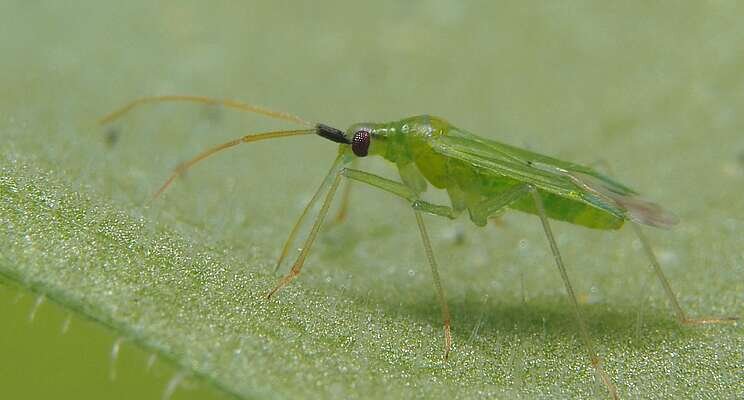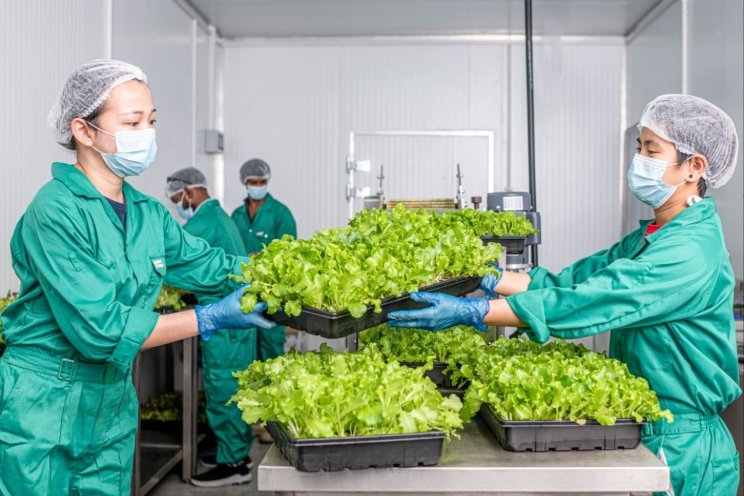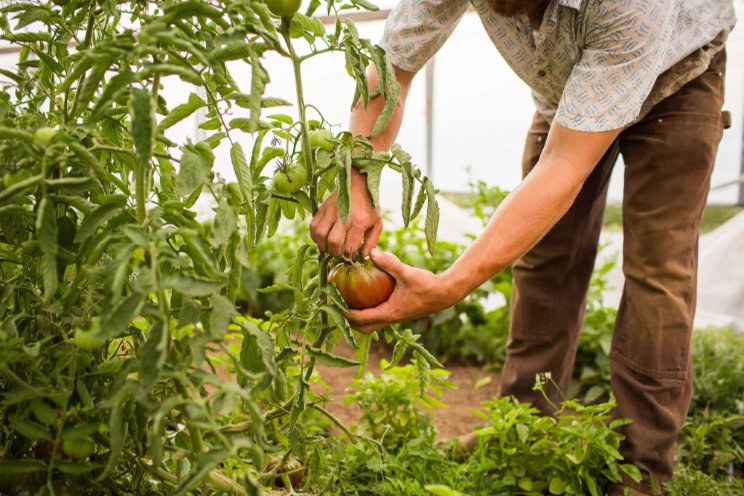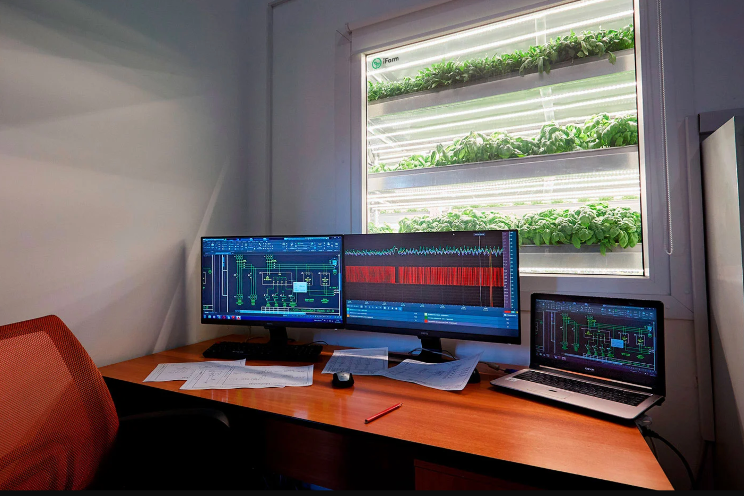Feed Macrolophus for best start in tomatoes
Added on 03 February 2022

Our original Macrolophus-System plastic bottle has recently been replaced with a 100% degradable cardboard carton. With the introduction of our new improved packaging, Macrolophus adults now arrive on nurseries more active and establish better in the crop. However, population build-up is even stronger with supplementary feeding.
At this time of the year, glasshouse tomato growers are preparing to protect their crops against the number one enemy - whitefly, but also Tuta absoluta. A good biocontrol strategy is based on the release of the beneficial bug Macrolophus pygmaeus (Macrolophus-System).
Supplementary feeding
Macrolophus needs several weeks to establish in the crop, especially when there is little or no prey available. Growers are therefore strongly advised to provide sufficient extra food during the Macrolophus installation phase in the greenhouse.
"By using our broad range of feeding products and following our specialist advice, it is perfectly possible to build up a strong army of beneficials ready for when the first pest insects arrive," says Pascal Briand, IPM & Pollination Specialist at Biobest.
"Nutrimac™ and Nutrimac Plus™ contain tiny moth eggs, rich in protein, while Artemac™ contains cysts of the brine shrimp."
Feeding timing
Pascal's general advice is as follows: "Growers should start feeding with Nutrimac™ or Nutrimac™ Plus in Macrolophus-System release rows. This should be followed by full crop applications of Nutrimac™ Plus or Artemac™ for a minimum of 6 to 8 weeks after release. Both feed supplements are suitable for Macrolophus adults and nymphs. Depending on the specific circumstances, this general advice can be fine-tuned."
Want to know more? Contact your local Biobest advisor.
Photo Courtesy of Biobest
Source: Biobest
More news















